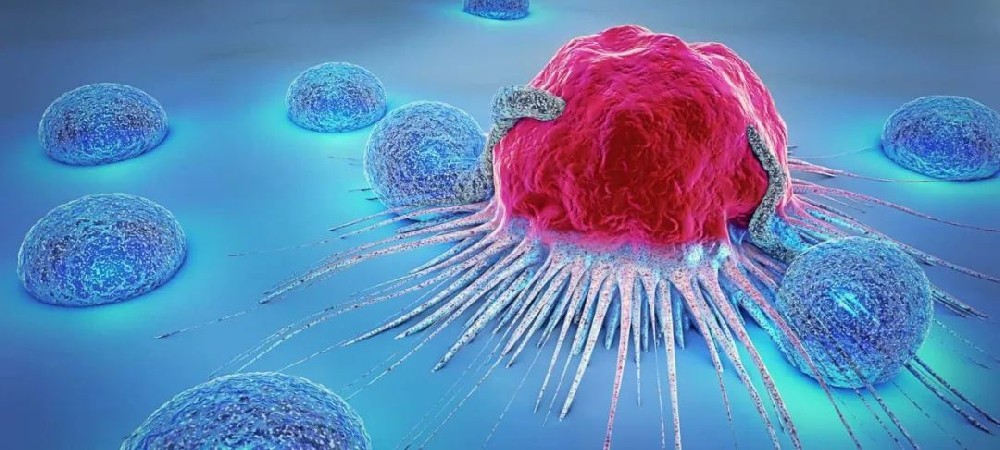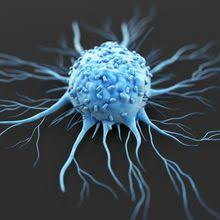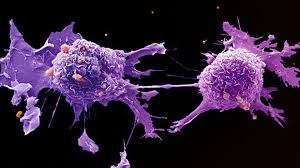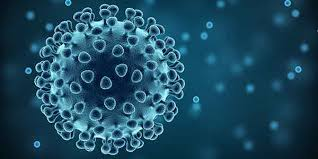9F, Zhongrui Jumei Building, 68 Jiuzhang Road, Suzhou Industrial Park, Jiangsu Province
Medical information
Singapore National Cancer Center Research Proposes New Treatment Strategies for Metastaticfile Intraabdominal Cancer
Researchers at the National Cancer Center in Singapore have identified a potential new strategy for treating peritoneal cancer, a metastaticfile intraperitoneal cancer with limited treatment options and low overall survival. The results of this study provide a way to identify more effective treatments for patients with metastaticfile intra abdominal cancer by targeting factors that promote cancer cells

A widely accepted scientific hypothesis is that cancer ("seeds") spreads to the surface of organs ("soil") through a complex series of interactions within the body. Most cancer treatments target "seeds" directly, such as through the use of chemotherapy that inhibits the division of cancer cells. In the past nine years, immunotherapy has become increasingly popular as a cancer treatment method, using the body's immune system to target cancer cells to change the "soil." In the latest research conducted by the NCCS Applied Human Genetics Laboratory, the findings indicate that it is possible to target "water" to create a dry environment, making it unsuitable for tumor cells to grow

A research team led by Chin Ann Johnny Ong, a clinician and assistant professor of scientists at NCCS, has found that the presence of ascites and excess fluid ("water") in the abdomen of patients with metastaticfile intra abdominal cancer can directly target the removal of fuel that promotes cancer growth. By studying the proteins in ascites, the research team found that PAI-1 (plasminogen activator inhibitor 1) is a good marker for direct inhibition reactions and may inhibit the proliferation of cancer cells. Previously, the team did not know that PAI-1 was associated with the growth of intraperitoneal cancer

Observing biological samples from 156 intraperitoneal cancer patients, Assistant Professor Ong and the team further identified a set of three biomarkers that can predict patient outcomes and responses to PAI-1 treatment. This finding was confirmed by a model that combines a tripartite combination of "seed", "soil", and "water"

"Our research not only highlights new treatment strategies for peritoneal cancer, but also lays the foundation for NCCS to develop new transformation research and treatment plans. In addition, the traditional concept of targeting water beyond seeds and soil may pave the way for a paradigm shift in cancer treatment." Associate Professor Ong, consultant to the Department of Peritoneal and Rare Tumors (SPRinT), said that he is the principal investigator of the study, who specializes in peritoneal cancer

